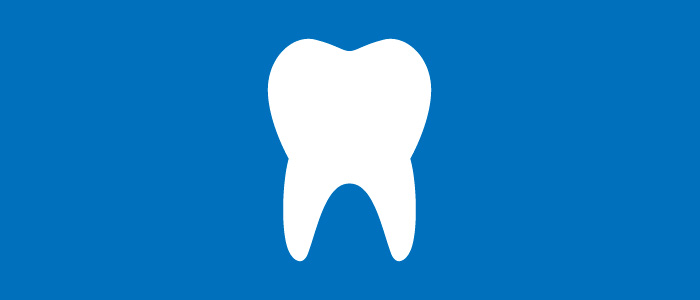Dental Health
By Dr. Max E. Ficken
I always dread a trip to the dentist; and, I know that I will have fewer problems if I brush and floss my teeth regularly. Imagine now our dental health would be; to say nothing of our breath; if we never took steps to care for our teeth. It’s no wonder that the phrase “Dog Breath” sometimes applies to our pugs’ mouths. How often have you brushed your pets’ teeth? The usual response is “he won’t let me,” which is a fact because they will have nothing to do with such a procedure. However, the health of our friend is influenced by the health of the oral cavity. Gum disease is very common in dogs and plays a significant role the health of the heart and kidneys. Gum disease results in the constant seeding of bacteria into the blood stream of our pets. The dental makeup of pugs makes them, more prone to gum disease because the teeth are frequently not aligned properly resulting in narrow spaces between the teeth that collect food. The result is infection resulting in gum loss and eventually tooth loss. The short nose that gives our pugs their cute and characteristic facial features make them more susceptible to bad breath and the need for dental care. Brushing the teeth with a finger toothbrush or soft pediatric toothbrush and flavored tooth paste made for dogs can make a significant difference. It will be much more successful if started at an early age. The majority of the so called dental treats are only treats with no real value in cleaning the teeth. Some of the enzymatic treats help as do the nylon rope chew toys. Check with your Veterinarian as to what they recommend.
Sometimes the premolar teeth do not have adequate space in the jaw resulting in crowding of the teeth. This can result in the need for some extractions to prevent other dental problems. Your veterinarian can evaluate these potential problems during routine exams.
We usually need to clean our own teeth annually; in spite of the care we give our teeth. Usually our pugs can avoid much in the way of cleaning until they are 3-5 years old if they will allow some brushing or dental cleaning. However as they get older they require more and more care because of the ravages of time and frequently the lack or intolerance of adequate care. With the advent of newer anesthetics, such as Isoflurane, it is much safer to give our older pets the care that they need to prevent health problems resulting from dental disease.
We should start checking the puppies’ teeth as we start training them to allow brushing of their teeth. Pay special attention to redness of the gums or a change in the smell of the oral cavity. This can give early warning of problems before they become serious. Puppies start losing their baby teeth at about 3 months of age; and all the baby teeth should be gone by 6 months of age. If the deciduous teeth are not lost and the permanent teeth start to erupt, the permanent teeth may be displaced resulting in other dental problems. Check puppies teeth weekly and if two teeth appear to be in the same place, especially the canine or eye teeth, then your veterinarian should evaluate the mouth as quickly as possible.

